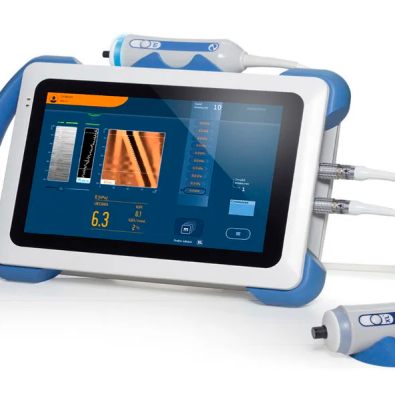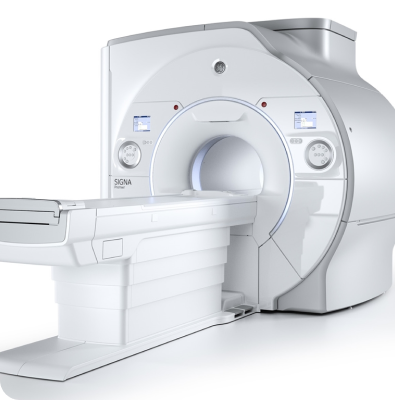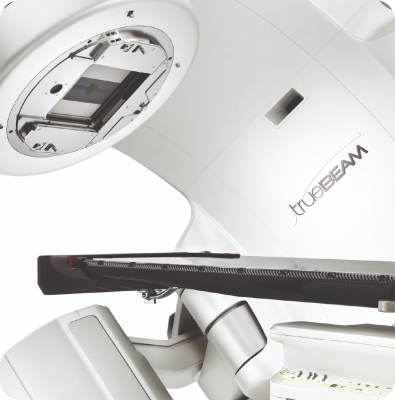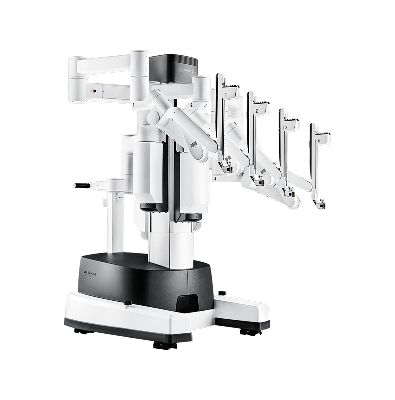The In Vitro Fertilization (IVF) Center at Güven Hospital serves couples who dream of becoming parents, offering advanced technological infrastructure and a highly experienced team.
Our multidisciplinary team — consisting of specialists in Obstetrics and Gynecology, IVF, Urology, Genetics, Embryology, and Anesthesiology — provides personalized, evidence-based treatment plans tailored to each couple’s unique needs. In addition to IVF applications, advanced laparoscopic and endoscopic surgical procedures required for infertility treatment are performed using the latest technological innovations.
WHAT IS IN VITRO FERTILIZATION (IVF)?
In vitro fertilization (IVF) can be defined as the process of combining the egg and sperm outside the human body under laboratory conditions when natural fertilization in the female reproductive system is not possible due to certain medical conditions.
The IVF method, which drew attention with its science-fiction-like name and became known after the birth of the first “test-tube baby” in 1978, has since become a widely used and highly successful treatment approach. With technological advances, success rates and the number of babies born through IVF have increased significantly, offering great hope for couples struggling with infertility. Today, IVF serves as an important treatment option that complements other infertility treatments such as ovulation induction, intrauterine insemination, and surgical interventions.
Various conditions in both women and men can prevent conception. The main causes that can be treated successfully with IVF are listed below:
Causes of Infertility in Women:
• Blocked fallopian tubes
• Adhesions between the uterus, ovaries, or other reproductive organs
• Endometriosis (also known as “chocolate cysts”)
• Unexplained infertility (cases where standard tests cannot determine the cause and other treatments have failed)
• Advanced maternal age
• Irregular or absent ovulation
• Failure to conceive despite previous surgeries or intrauterine insemination treatments
Causes of Infertility in Men:
• Low sperm count
• Decreased sperm motility
• Absence of sperm in semen (azoospermia)
CURRENT METHODS IN IVF TREATMENT
Over the years, various methods have been developed for retrieving and fertilizing eggs, allowing IVF treatment to be performed in different ways.
1. Conventional IVF (In Vitro Fertilization)
In conventional IVF, the woman’s ovaries are stimulated with medication to produce multiple mature eggs. Once the eggs reach maturity, they are retrieved under ultrasound guidance. Unprocessed eggs are then combined with 100,000–150,000 motile sperm for fertilization. After fertilization, the developing embryos are monitored under laboratory conditions. Embryos with the highest potential for successful implantation are selected and transferred into the uterus.
2. Microinjection (Intracytoplasmic Sperm Injection – ICSI)
In this method, a single sperm is directly injected into the cytoplasm of an egg using a microneedle under a microscope. Each cleaned and prepared egg (oocyte) receives one carefully selected sperm through this microinjection process.
STAGES OF IVF TREATMENT
IVF treatment consists of five main stages.
1) Evaluation and Determination of Medication Protocol
The first stage involves a detailed consultation, physical examination, and necessary tests performed on the 2nd or 3rd day of the woman’s menstrual cycle. Ultrasound imaging is used to assess the uterus and ovaries. If no obstacles are detected, hormone levels are evaluated. A personalized stimulation protocol is then created based on the woman’s age, infertility cause, test results, and ovarian reserve to determine the appropriate medication type, dosage, and timing for controlled ovarian stimulation.
2) Controlled Ovarian Stimulation (Egg Development)
Ovarian stimulation begins with daily hormone injections administered on a specific day of the menstrual cycle. The response to treatment and egg development are monitored through regular ultrasounds and blood hormone level checks. When the follicles reach optimal size and estrogen levels are adequate, a trigger injection is given to induce final egg maturation. This stimulation process typically lasts 8–14 days, after which egg retrieval is scheduled 35–36 hours later.
3) Egg Retrieval (Oocyte Pick-Up – OPU)
Egg retrieval is performed under mild sedation to ensure the patient feels no discomfort. Using transvaginal ultrasound guidance, a needle is used to aspirate the fluid from the follicles, which is then examined in the laboratory under a microscope to identify eggs. The retrieved eggs are collected and prepared for fertilization. After a short rest period, the patient is discharged on the same day.
4) Fertilization
Mature eggs (metaphase II oocytes) are selected for fertilization. Sperm obtained from the male partner on the same day are used in the laboratory to fertilize the eggs. Fertilization can occur naturally (as in conventional IVF) or via microinjection (ICSI). Embryos are monitored daily in specialized incubators, and those with the best development are selected for transfer. Remaining high-quality embryos may be frozen for future use.
5) Embryo Transfer
Embryo transfer is a simple, painless procedure that does not require anesthesia. One or more embryos are placed into the uterus using a thin catheter under ultrasound guidance. After a brief rest, the patient can go home. Any remaining viable embryos can be cryopreserved for future attempts.
Congratulations!
A pregnancy test is performed 10–12 days after embryo transfer to determine whether implantation has occurred and pregnancy has been achieved.







